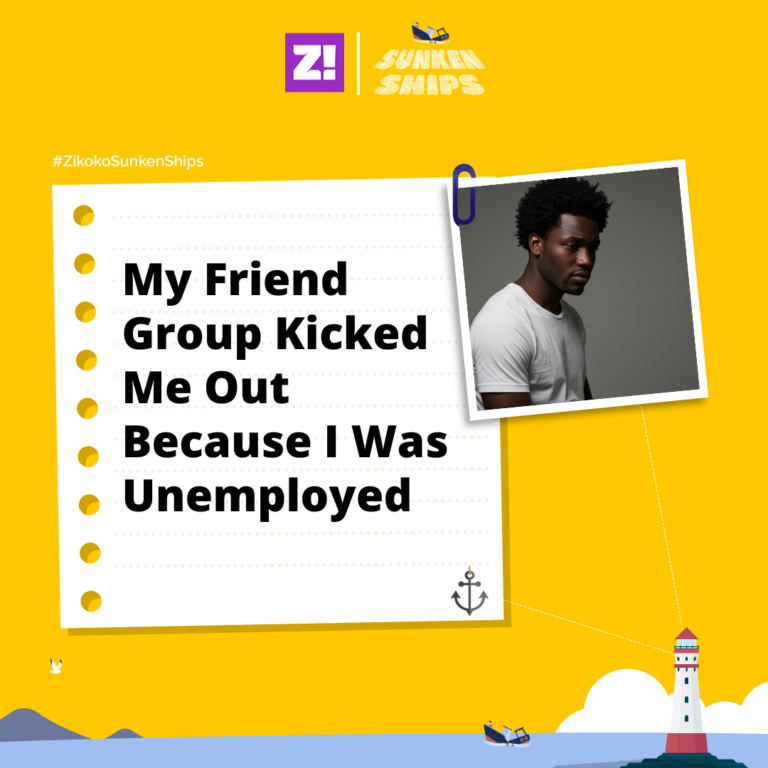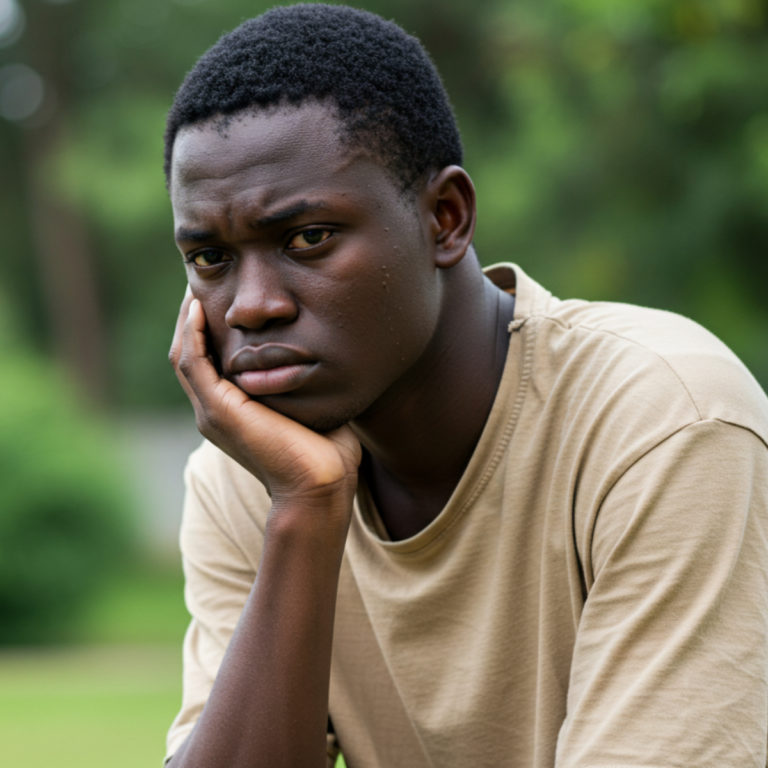
In Nigeria, hitting children isn’t just common; it’s practically a rite of passage. For many, it’s an unquestionable part of the “discipline package.” The reasoning? “Spare the rod and spoil the child”—a saying that Nigerian parents have embraced with pride. But let’s be real: has all the rod-sparing and rod wielding created a society of disciplined people? Hardly. Nigeria’s corruption, materialism, and general chaos suggest otherwise. Yet, there’s still a widespread belief that alternative parenting methods only breed disrespectful and unmotivated children.
In this article, we speak to three Nigerian mums raising disciplined children without lifting a hand. They share their experiences, challenges and wins, which all prove there’s more than one way to guide children toward the right behaviour.
Gbemisoke Adekoya, licensed psychotherapist and child educator
When did you decide not to hit your children?
I wish I could say that I’ve always been a non-hitter, but that’s not true. I reflexively used my hand because that’s what I knew growing up. But a few years ago, I took a behavioural psychology class that introduced me to positive reinforcement for behaviour change. I was initially sceptical, but I tried it, and to my surprise, it worked.
As someone who loves sharing what I learn, I started telling other parents about how positive reinforcement works better than punishment in behaviour change. It became my life’s work to teach others.
I genuinely believe parents use the tools they have, and you can’t criticize people for using the wrong tools when you haven’t offered them the right ones. That’s why the biggest part of my messaging is teaching people what’s possible and practical tools that they can use. I don’t just say, “Don’t hit your child” I’m teaching them what they can do instead. I speak about this at length and discuss these practical methods on my YouTube channel and in videos like these: I Can Discipline Without Hitting?
What’s been the biggest challenge with this method?
It takes time to work. Physical punishment is highly effective in reducing bad behaviour in the moment, but it doesn’t teach replacement behaviour. Discipline is not equal to beating. Real discipline requires time and self-reflection, and most people—including parents—struggle with both. For example, if your child flings their iPad in frustration because the Wi-Fi stopped working, the issue isn’t the iPad, it’s that they don’t know how to manage frustration. If you respond by slapping them, you’re showing that you also don’t know how to handle frustration.
The crux of the matter is staying patient while your lessons take time to stick. People who get beaten don’t notice but it prevents the brain from working properly. It impacts them negatively because they don’t have frameworks or tools for working through or thinking through complex things. The only tool they have is violence.
What’s your favourite experience with this method?
The relationship I have with my children. Parenting is the most delightful job that I have, but it’s also the most stressful job. If you don’t keep at it, your kids won’t be okay. My kids make good choices not because they fear me but because they’ve been taught to think things through. I’m preparing them for a world where I might not always be present, and that gives me peace.
Sarah*
When did you decide not to hit your children?
Well, it helps that I talk to my child like she has sense—because she does. She’s capable of knowing the difference between right and wrong, so the first thing I do when she’s acting out is to try and understand why. She’d never willingly upset me, so finding the root of the matter through discussion has always proved effective. For instance, beating her won’t help her get better grades if she’s failing her classes. She broke a plate, okay? Should she now die? I’ve broken phones and plates, too and nobody beat me. There has to be a cause or a reason, and so if we talk about it, we can get to the problem.
We have honest conversations about actions and consequences. For example, I tell her to brush her teeth twice a day not because “I said so” but to avoid cavities and bad breath. There’s a reason, and she understands it. I’ve never felt the urge to hit her, and I’ve been responsible for her for a couple of years now.
What’s been the biggest challenge with this method??
Regulating myself. I don’t raise my voice at her, no matter what. For me, that’s harder than trying not to hit her because sometimes I’m so angry that I just want to yell. But I remind myself that I’m trying to do better, so I take deep breaths. When I feel too upset, I tell her I need a moment to cool off before we talk. Then, when I do, I explain the situation to her. But that initial anger that fills my veins? Jesus.
What’s your favourite part of using this method?
The bond we share as mother and child, and being able to have conversations about anything. . My baby is shy but it’s nice knowing she reports people to me and walks around with an air of “as long as I tell my mummy the truth, I’ll be fine”. I’m her biggest fan and number one supporter. The culture of us talking to each other makes me feel good. We’ve come a long way.
Karo
When did you decide not to hit your children?
It was a gradual decision from assessing the way I was raised, to my interactions with people who advocate for hitting as a form of discipline. I concluded there had to be another way. I had more conversations with other parents and by the time I had kids, I was committed to finding other ways to discipline them.
What alternative methods do you use?
I shout sometimes. But we’ve also recently started using a rewards chart to give daily points for chores and behaviours we want to encourage. This way, we are actively working on good behaviours. We also give related consequences for actions. Often, she loses privileges. Sometimes, I just let her be and I try not to react to every single thing. Kids are naturally curious. We continue to adjust as she gets older.
What has been your biggest challenge with this method?
Parenting is a challenge. It’s work, so it makes sense that it’s not always easy. I don’t think the challenges are method specific but you have to really engage to be able to discipline. You have to think of creative ways to correct behaviours. What no one tells you about attempting to raise children who are confident and not afraid to stand up for themselves in the world is that sometimes, they’ll stand up to you.
What is your favourite part of using these alternative methods?
I like the intentionality of it. I’m constantly reading up on things to get better at raising my child. It’s all about being conscious, communicating with my child and ensuring they understand rules, why those rules exist, and the benefits of doing the right thing. I want them to trust their instincts and consciously choose to do the right thing, no matter who is watching or not watching, for them to feel proud of their actions and make choices that they are proud of. They’ll often make mistakes or even deliberately choose to do the wrong thing. It’s my job to get them to understand why they’ve behaved that way and work with them to ensure they don’t repeat such behaviour because they are not their mistakes. It’s also a learning experience for me because I’m learning to interrogate my own feelings.




